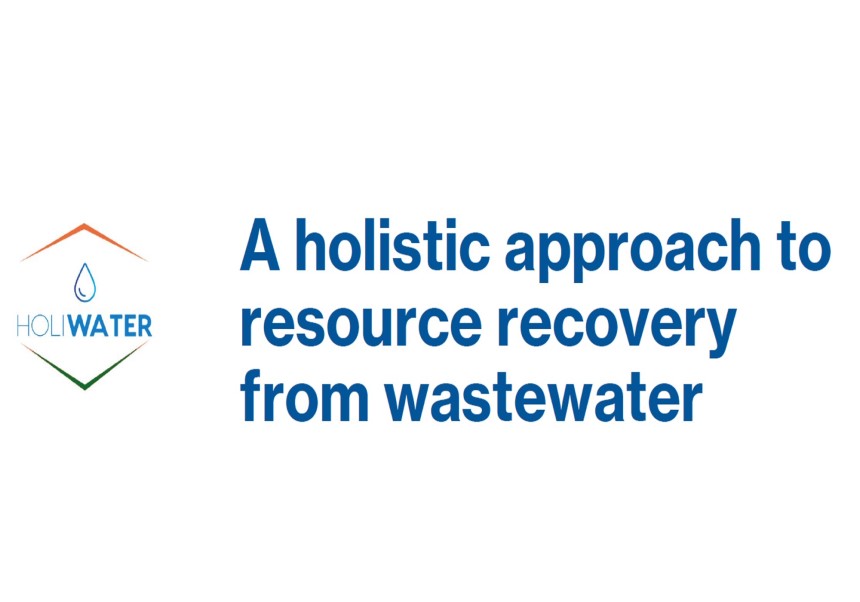
The CALAGUA-UV research group of the ETSE and the Water Economics group of the Faculty of Economics participate in the HOLIWATER thematic network
The national HOLIWATER network aims to promote the development and application of innovative technologies for the sustainable recovery of resources from wastewater and sludge components.
In the current scenario of raw material depletion, the development of innovative technologies for the recovery of resources from renewable sources such as waste is essential. The water sector is no exception considering the water scarcity being experienced by a large number of countries in the world, and especially in Spain where, in the Mediterranean areas, the most frequent drought events are threatening agriculture, the main economic sector of the region.
This is why it is urgent to move towards a circular economy model for wastewater and sewage sludge. Clean water, energy, nutrients and chemicals can be extracted from both. For this, in addition to having the appropriate technological developments, it is necessary to have a new holistic and multidisciplinary perspective, in terms of environmental sustainability, economic and social acceptance, to implement this strategy in Wastewater Treatment Plants (WWTP).
The HOLIWATER network is made up of a team of 14 groups of research experts from 12 Spanish entities (CEIT-BRTA, CETAQUA, CIEMAT-PSA, CSIC, ICRA, UAB, UdG, UGr, USC, UV, UVa, UniOvi) in the fields of technological, environmental, analytical, microbiological, economic and social knowledge. The University of Valencia (UV) participates in the network through the Environmental Technologies research group (CALAGUA-UV) and the Water Economics group (GEA). Professors Alberto Bouzas (CALAGUA-UV) from the Department of Chemical Engineering and Francesc Hernández (GEA) from the Department of Economic Structure will be the representatives of both groups in the thematic network, which will last for two years and is funded by the Ministry of Science and Innovation in the framework of the State Programme to Promote Scientific-Technical Research and its Transfer, of the State Plan for Scientific, Technical and Innovation Research 2021-2023.
The consortium has experience in the development of technologies, methodologies and processes for resource recovery from sludge, wastewater and WWTP gas streams. To this end, plant schemes based on a complete redesign of existing WWTPs will be considered. Integration tools such as integrated plant models, life cycle analysis, cost-benefit analysis and environmental decision support tools ensure a holistic approach to the challenge. The consortium has successfully developed and implemented innovative technologies with a particular focus on resource recovery and production of high quality water suitable for reuse. It also has a wide network of contacts with water companies and organisations in Spain, as well as with international scientific institutions.
The HOLIWATER network also aims to strengthen the quality and visibility of the R&D&I activities in the field of resource recovery of the individual partners. The work plan includes scientific activities to discuss new project ideas (workshops and symposia on disruptive topics), as well as more technology-oriented activities to consolidate and scale up mature processes. Training activities are foreseen for the scientific sector (international summer schools) and industry professionals (technical courses). Dissemination of results includes joint publications and a final conference for the industrial sector, promoting opportunities for technology transfer.
With these visibility activities it is expected to generate a current of opinion among administrations and population that will facilitate the implementation of the network technologies in existing or new WWTPs with the consequent environmental and social benefit.







